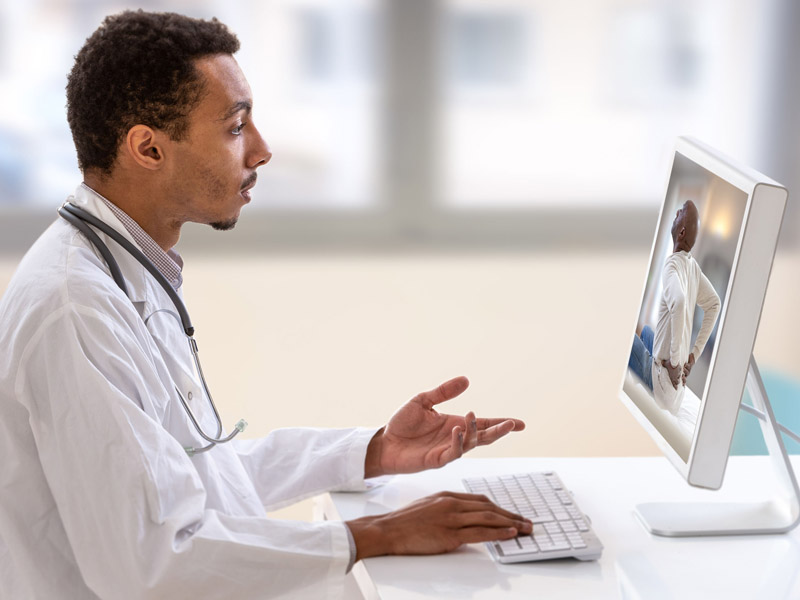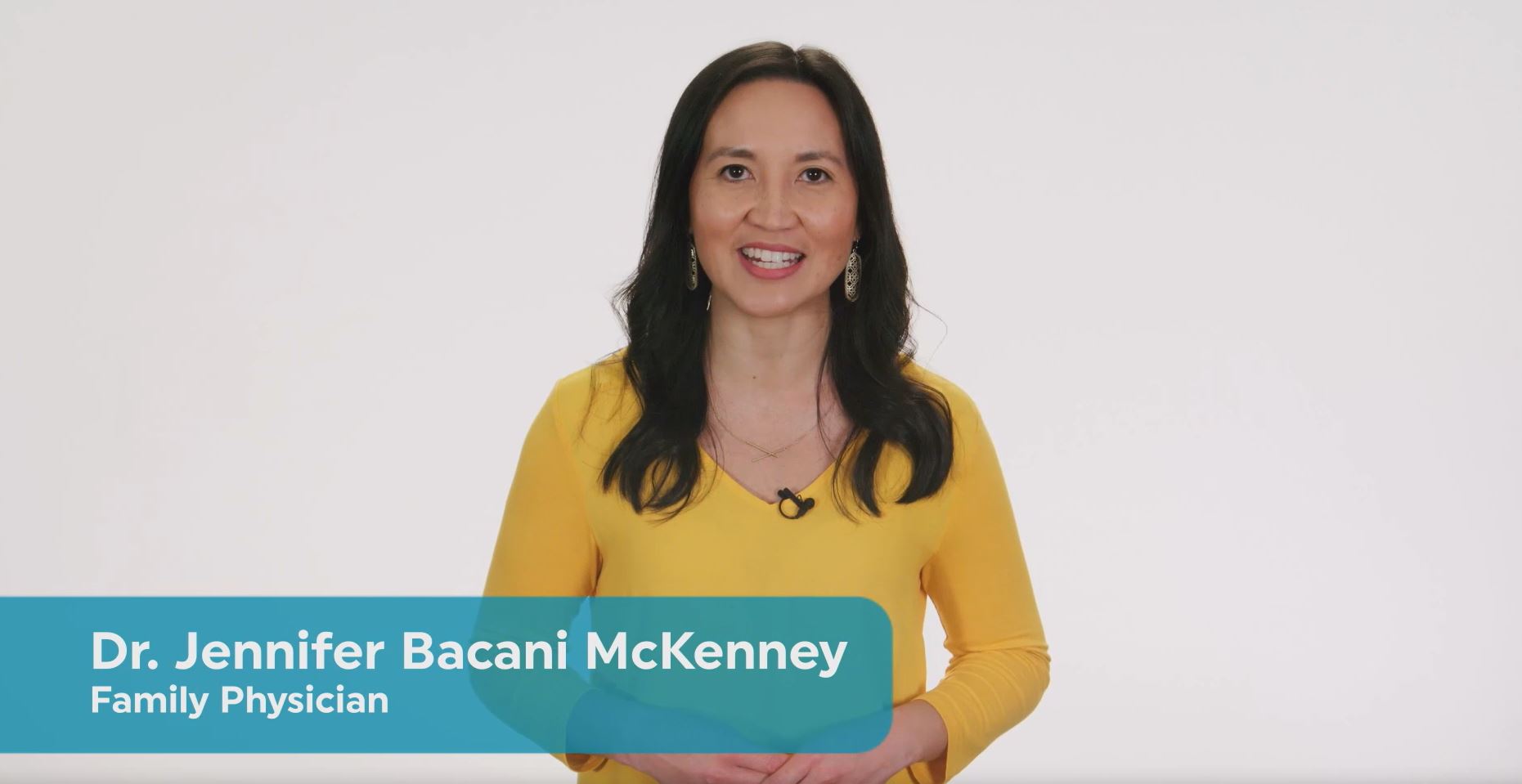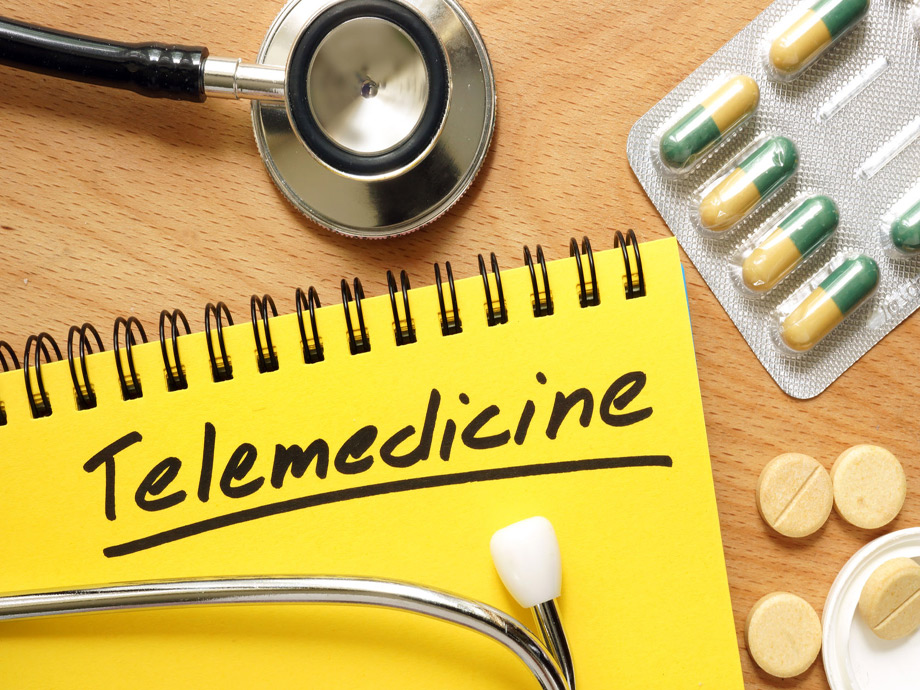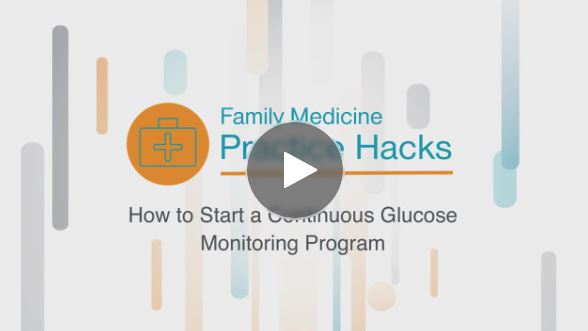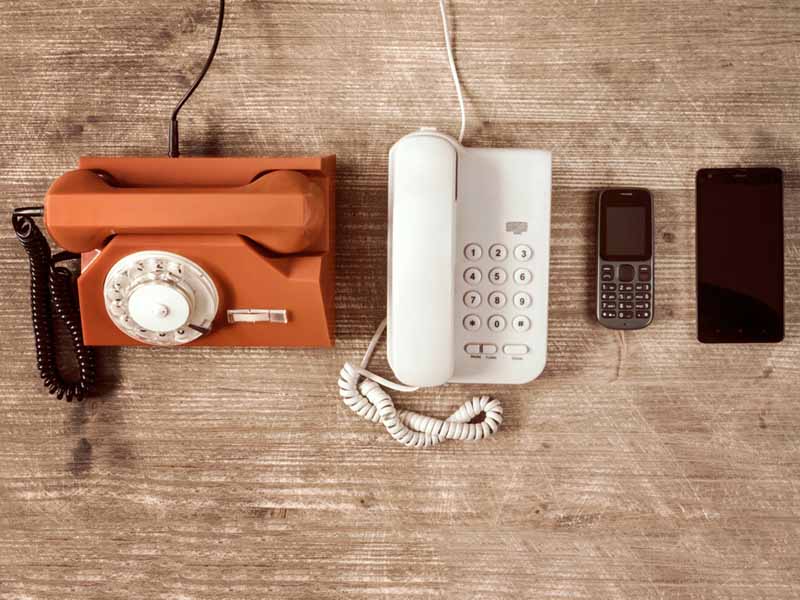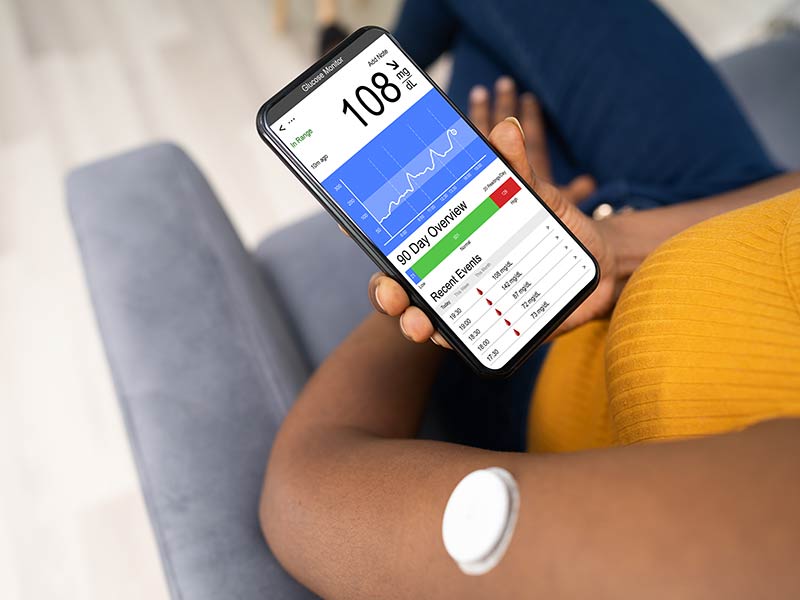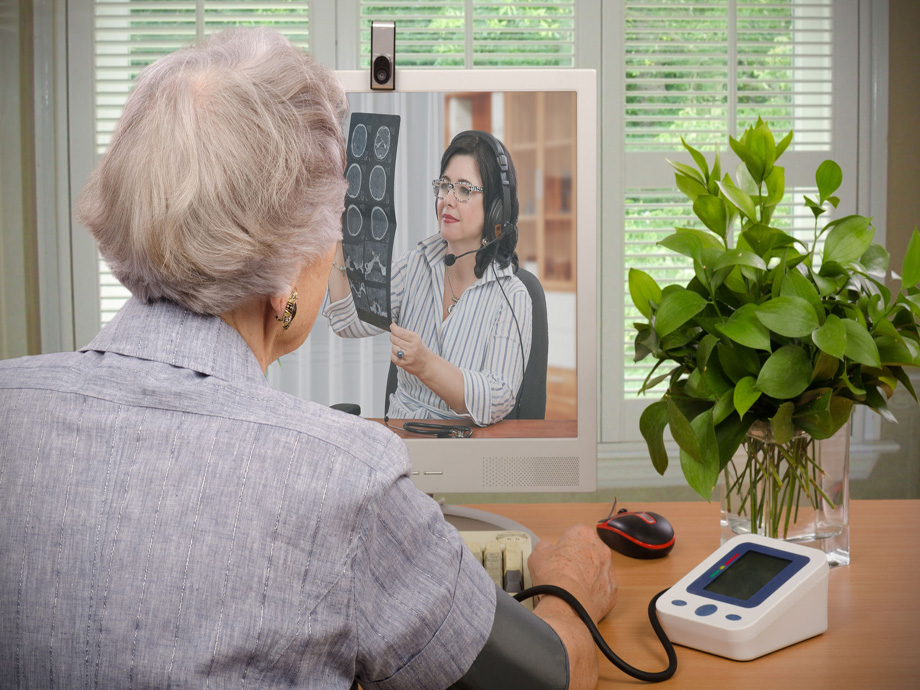Telehealth and Telemedicine
Telemedicine and virtual care have quickly become important tools in caring for your patients. This collection of articles, videos, and coding tables will help you start, expand, or refine your telehealth offerings to provide better care for your patients.
